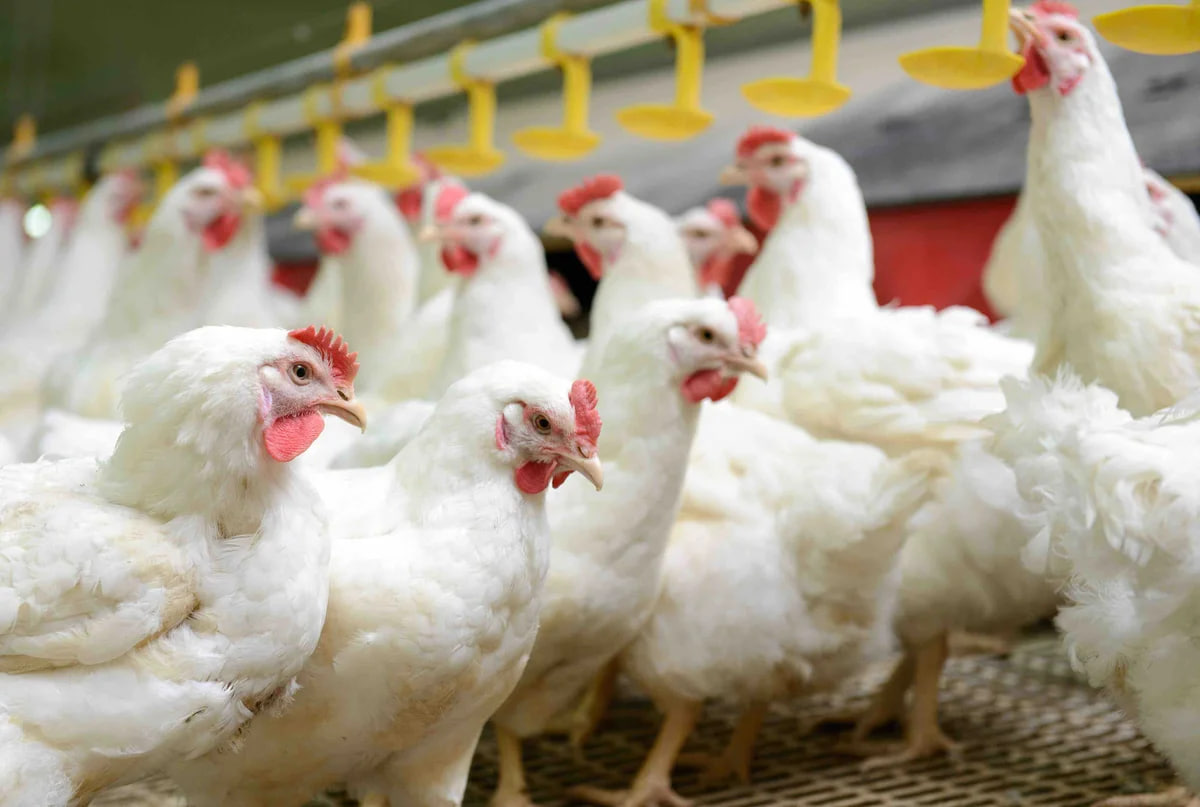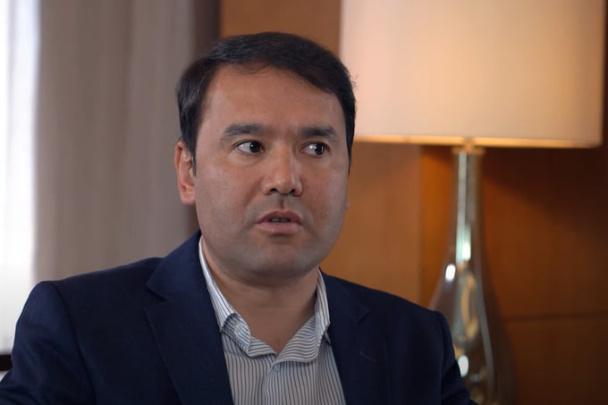The Veterinary and Livestock Development Committee, along with India’s Avee Broilers genetic company, intends to set up poultry production in Zomin, Bakhmal, and Gallaorol districts of the Jizzakh region and in the Bulungur district of the Samarkand region, Gazeta.uz writes with reference to the Poultry Industry Association.
Genetic poultry farming involves the science and practice of breeding and multiplying birds to obtain desired traits such as growth rate, egg-laying capacity, meat quality, and disease resistance. It includes genetic research, breeding programs, and reproduction methods aimed at increasing poultry productivity.
The agreement is expected to allow the production of 4 million parent stock birds for Uzbekistan and Central Asia. Currently, the region’s annual demand for poultry meat is 1.2 million tons, or 5.5 million birds. At the same time, Central Asia imports nearly 200,000 tons of meat from European countries. The project's cost is estimated at $43 million, with part of the investment being covered by Uzbekistan.
In the first phase, from 2024 to 2025, a facility will be established for breeding purebred poultry, whose genetic traits will be fully passed from generation to generation due to genetic uniformity.
In the second phase, in 2025, an incubator will be built, and the breeding of ancestor flocks will begin. These flocks will serve as the basis for producing the next generation of poultry, which will be supplied to the population.
Avee Broilers has announced its readiness to breed 4 million parent stock birds annually, which is expected to significantly reduce transportation costs for importing breeding materials into Uzbekistan.
"Currently, logistics costs for parent stock imported from European countries amount to $2 per bird. If the project is implemented in Uzbekistan, the cost per bird will be 50 cents, which could save up to $5 million across Central Asia," the report says.
In June, proposals for livestock development were presented to the President of Uzbekistan. Specifically, there were plans to introduce genetic technologies in poultry farming in collaboration with the United States.
The presentation emphasized that genetics is a critical issue in poultry farming. Uzbekistan currently lacks first-order meat poultry breeders, and second-order birds are imported. By introducing genetic technologies in poultry farming, breeding farms could be established in the country.
Additionally, earlier reports mentioned plans to exempt poultry farms from land tax for five years and to allow the export of poultry meat.






